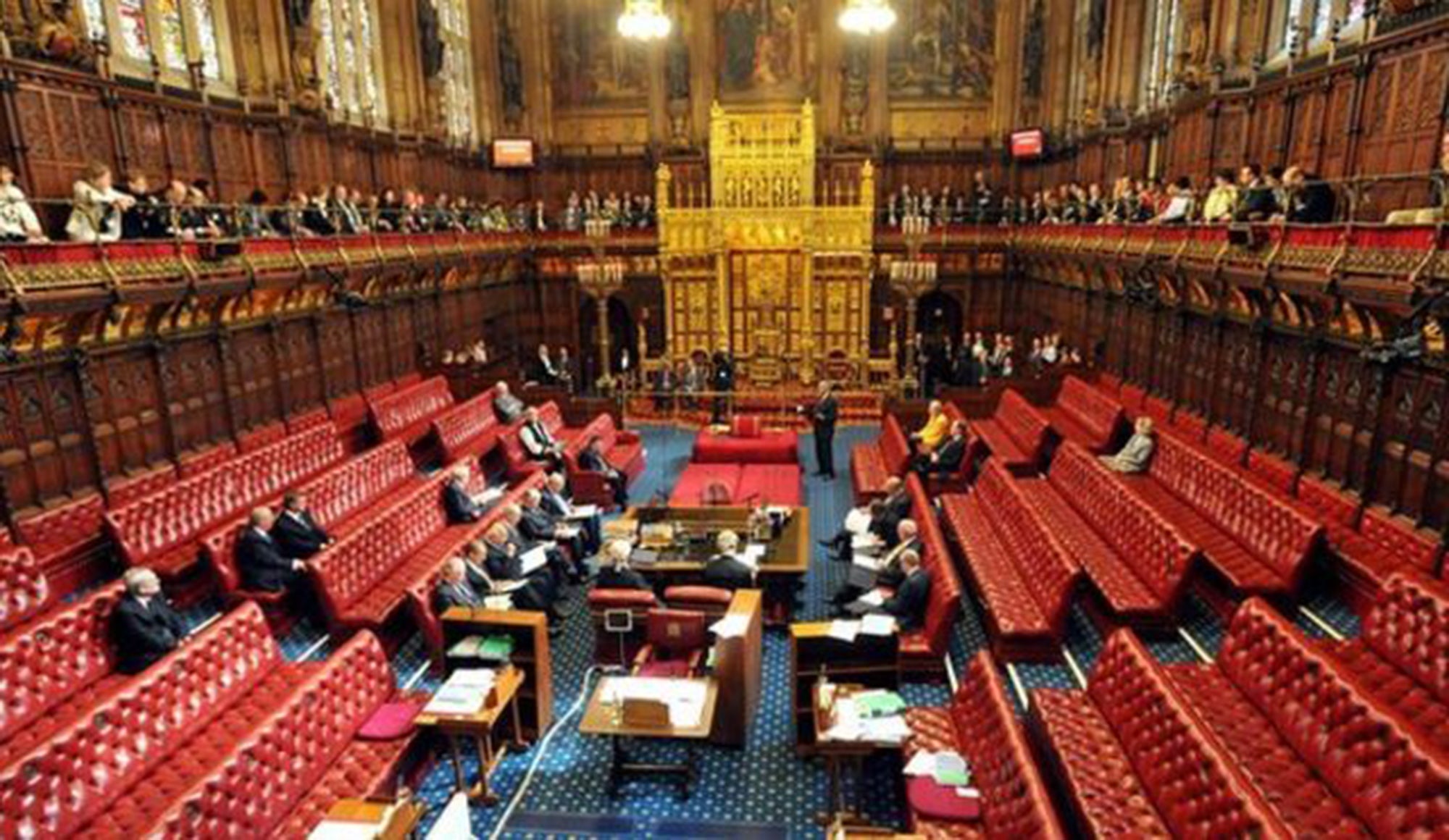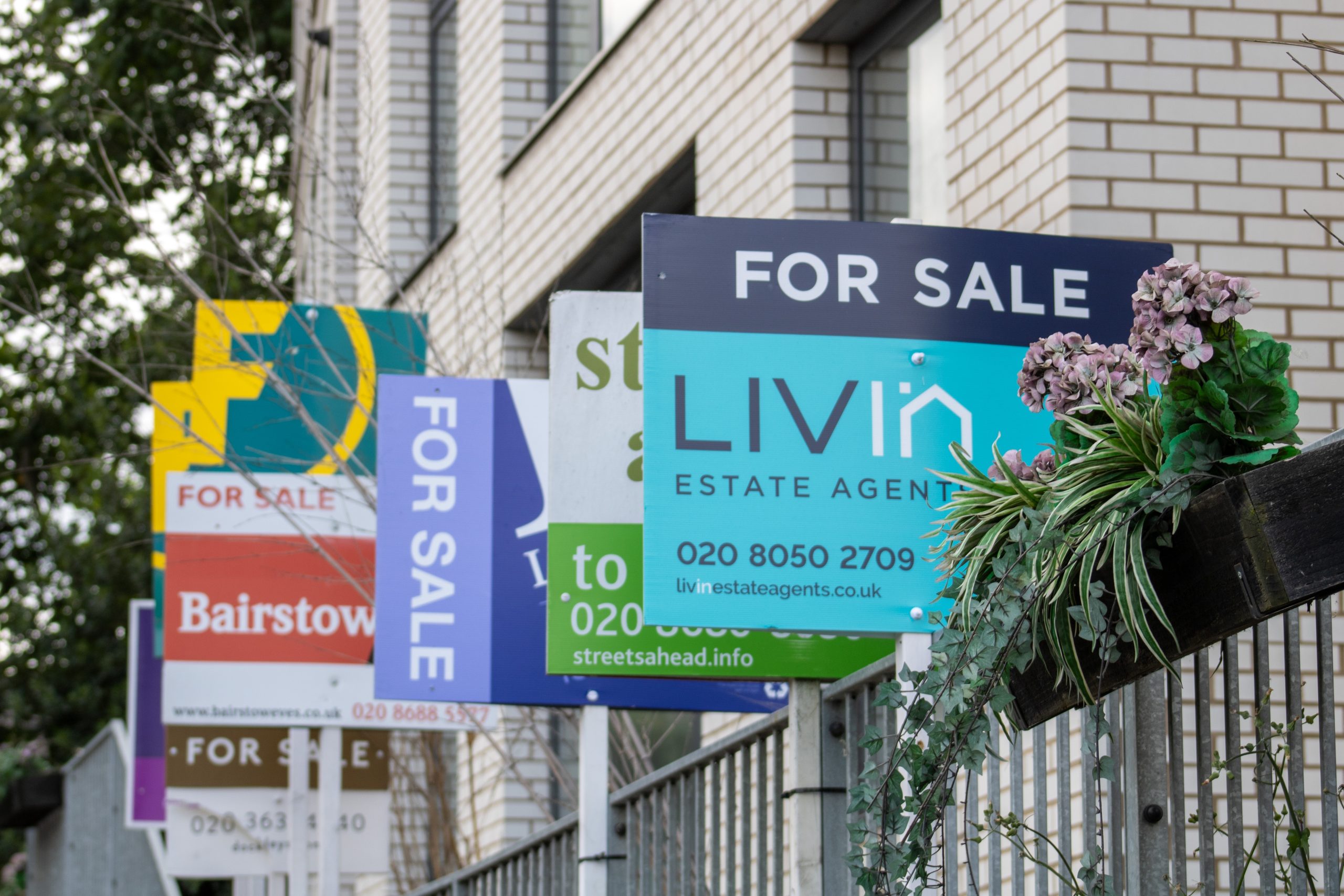My Lords, I thank the noble Baroness, Lady Scott, for her Amendments 1 and 261, and the noble Lord, Lord Shipley, and the noble Baronesses, Lady Thornhill and Lady Eaton, who have spoken in this short debate. I will keep my response to Amendment 1 short, as the purpose and aims of the Bill were debated in full at Second Reading. I agree with the noble Lord, Lord Shipley, that the Bill is perfectly clear in what it sets out to do.
The private rented sector has grown significantly over the past 20 years and is now used by over 11 million renters in England, with the support of 2.3 million landlords. I should say that most of those landlords are very good landlords who look after their tenants very well. Despite this growth, it still provides the least affordable, poorest quality and most insecure housing of all tenures, and that just cannot continue. A functioning private rented sector can provide a secure stepping stone for aspiring home owners, as the noble Baroness, Lady Eaton, said, and flexibility for those who want it, but the chronic insecurity embedded in the current tenancy system fails both those tenants looking for a stable home for their families and those landlords who are undercut by the rogues and the chancers who we know are there—they may be few, but we know they are there. This is a drain on aspiration. Reform of the sector is central to our opportunity mission, so that all have the chance to achieve their potential.
Although I understand the aims of the amendment, I do not believe that it is necessary. The Government made a clear manifesto commitment to transform the experience of private renting by levelling the playing field decisively between landlords and tenants—the very balance that the noble Baroness, Lady Scott, was talking about. This Bill delivers that promise. As I outlined at Second Reading, the Bill will strengthen the security of tenure for tenants, ensure that they are paying a fair rent, guarantee a minimum standard they can expect from a property, provide new robust avenues to redress, and much more. The noble Lord, Lord Shipley, referred to the attempts in later amendments to reintroduce Section 21 evictions. We will debate those when we get to them but I will say that 83% of landlords have five properties or fewer, so those amendments would be significant and really take the guts out of the Bill. The aims I set out align with the purpose in the noble Baroness’s amendment and lie at the heart of all our current and future decision-making.
The Government also recognise the work done by the majority of landlords, who provide safe and decent homes for their tenants. Both these issues of balance were mentioned by the noble Baroness, Lady Scott, but I was surprised at her assertion that the Bill would not achieve that balance. It is a very similar Bill to the one which she herself brought forward a few months ago.
We have been clear that good landlords have nothing to fear from these reforms. The Bill will bring much-needed certainty to the sector after years of inaction and delay. The noble Baroness, Lady Thornhill, commented on the Armageddon that we hear about; I remember hearing something similar many years ago during the discussions on the minimum wage. I understand landlords’ concerns and I hope we can address them as we scrutinise the Bill, but I am sure we can continue to debate the aims and impacts as we make our way through the 300-plus amendments tabled for debate.








